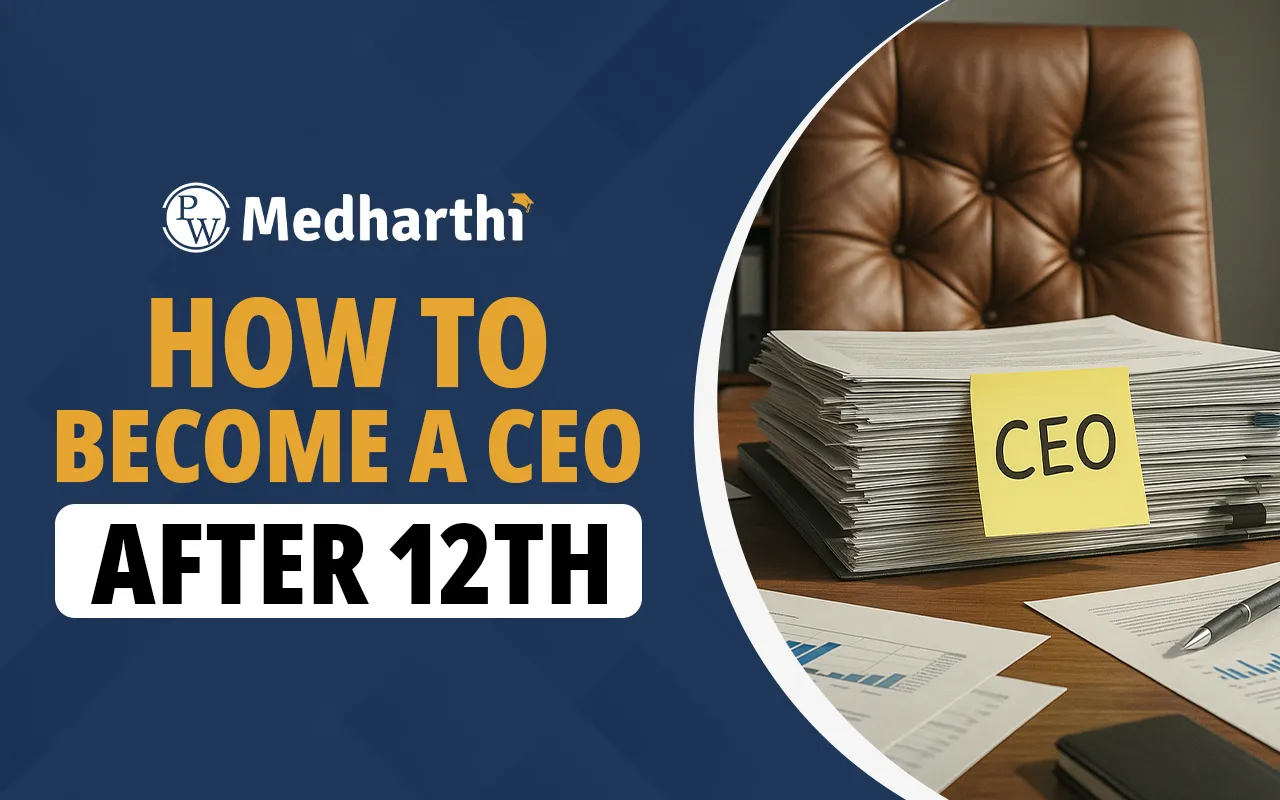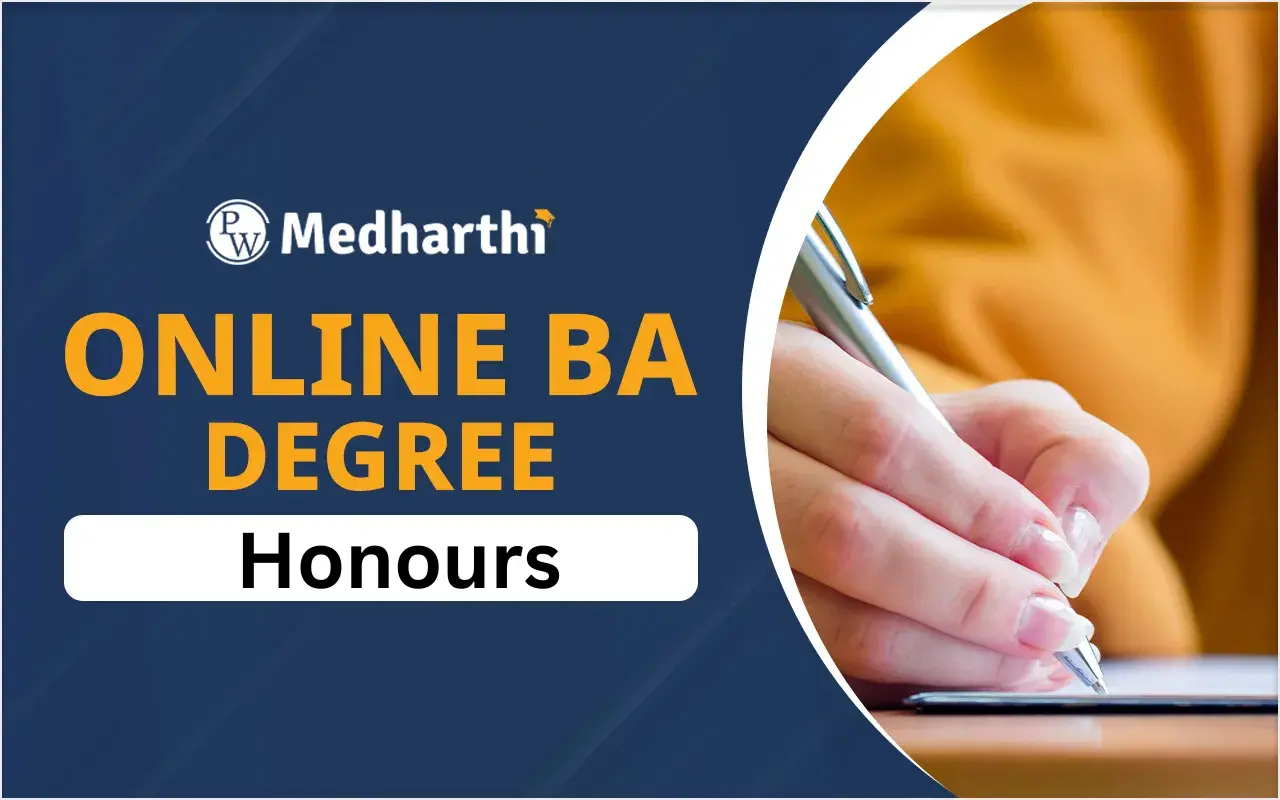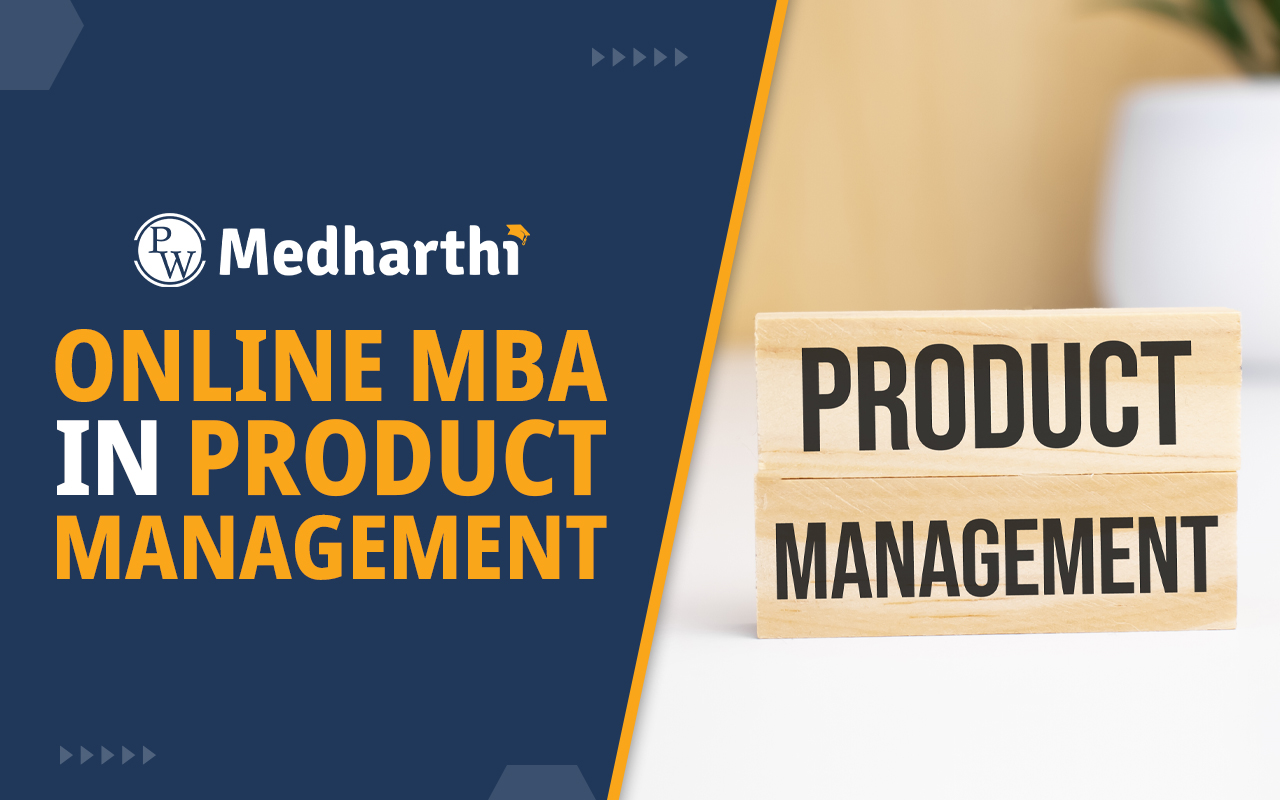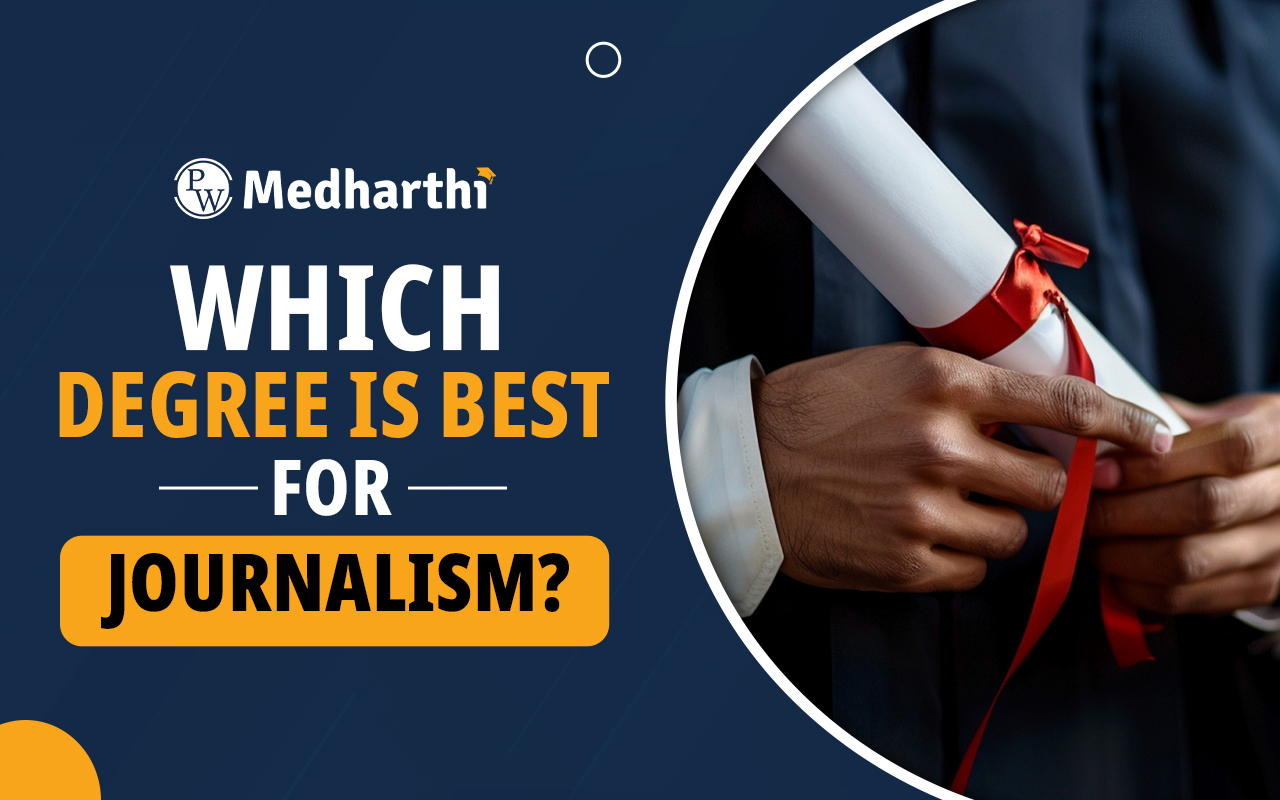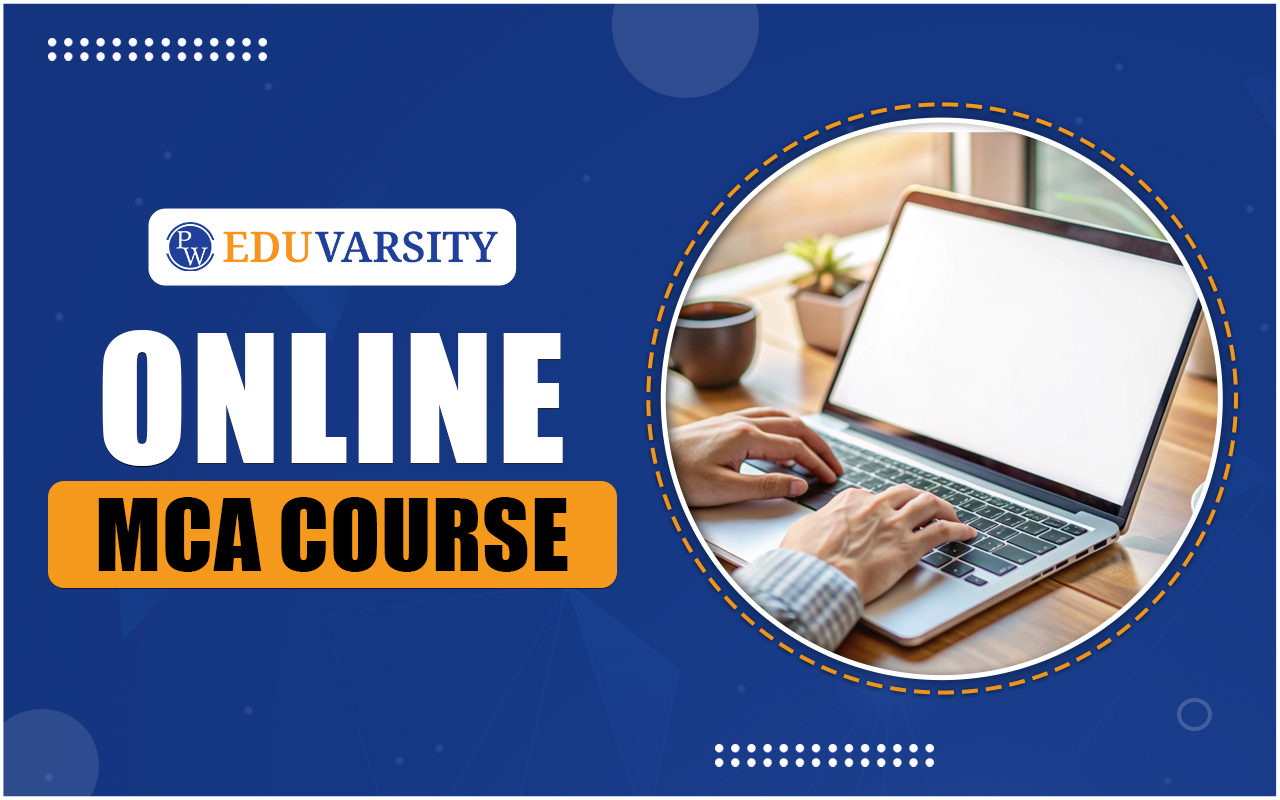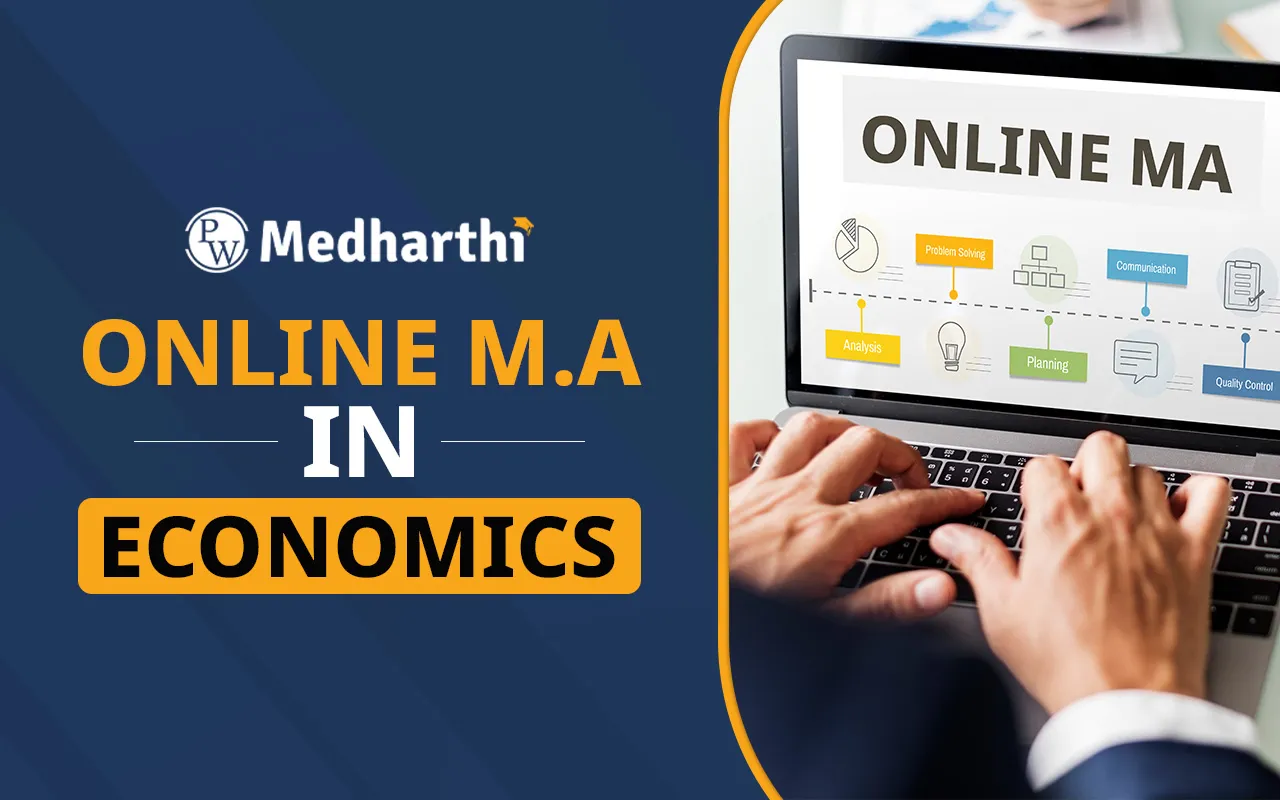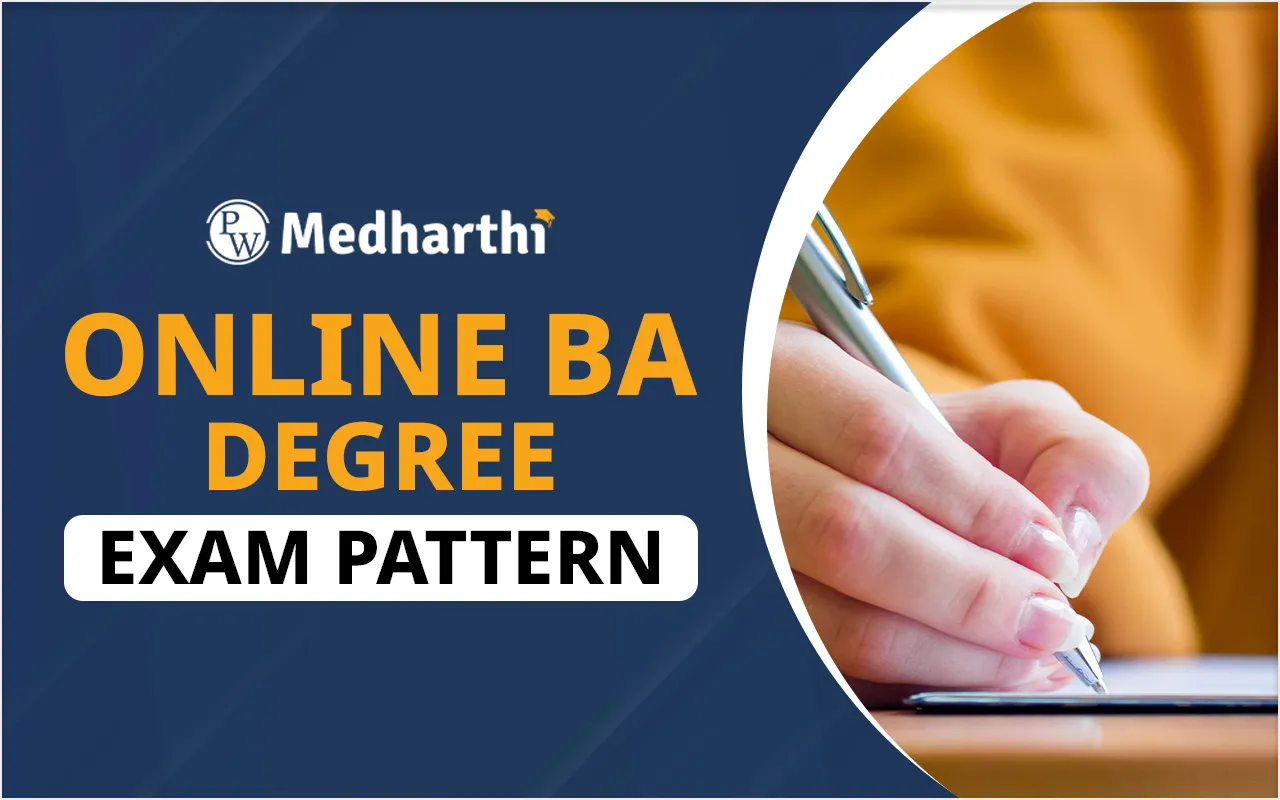
Executive MBA programs have become increasingly popular among working professionals seeking to advance their careers without sacrificing their current jobs. In India, this trend is driven by a growing emphasis on developing essential leadership and managerial skills. According to the Graduate Management Admission Council (GMAC), approximately 19% of Indian candidates are considering an EMBA. Candidates who have Executive MBA Eligibility can apply for admission to the course.
Executive MBA Eligibility Criteria
Candidates can know about the details of the Executive MBA eligibility criteria that candidates must have to enroll in the program:- Candidates must hold a bachelor’s degree from a recognized university, achieving a minimum score of 50%. However, some institutions may not impose a minimum cutoff for Executive MBA admissions.
- Certain business schools may set an age limit, typically requiring candidates to be at least 25-27 years old to qualify for the Executive MBA program.
- Work experience is a crucial criterion for EMBA admission. Most programs require candidates to have a minimum of 5 years of full-time work experience at an executive or managerial level.
Updated MBA Entrance Requirements for 2025
To enroll in the Executive MBA program, candidates must fulfill specific entrance requirements, including Executive MBA Eligibility. They also must have substantial work experience, English proficiency,and potential management aptitude test scores. Know more about the updated Executive MBA Eligibility here.Work Experience
A key requirement for enrolling in an Executive MBA is substantial professional experience. For 2025, candidates typically need a minimum of 5 years of work experience. However, some institutions may consider applicants with 3-4 years of experience if they have demonstrated significant achievements in their respective fields. This criterion ensures that candidates bring valuable insights to the program.Educational Qualification
Candidates must hold a bachelor’s degree from a recognized university to qualify for the Executive MBA program. They should have completed their undergraduate education with a minimum percentage, often set at 50% or an equivalent CGPA. Some programs may also accept relevant professional certifications as an alternative to formal degrees, broadening access for qualified candidates as per Executive MBA Eligibility.Age Requirement
While there is no strict age limit for Executive MBA candidates, most applicants fall within the age range of 28 to 45 years. This age bracket typically includes individuals in the middle stages of their careers who are seeking upward mobility. The program is designed to cater to professionals ready to enhance their leadership skills and advance their careers.English Proficiency
Proficiency in English is essential for candidates, as the Executive MBA program is conducted in this language. Institutions may require candidates to provide scores from language proficiency tests if their previous education was not in English. This requirement ensures that all participants can effectively engage with course materials and communicate with peers and faculty.Management Aptitude Tests
Some Executive MBA programs may require candidates to submit scores from management aptitude tests. These assessments evaluate skills such as logical reasoning, quantitative aptitude, and communication. For 2025, the focus is on ensuring candidates possess the analytical and leadership potential necessary for success in the program, helping institutions select the most qualified applicants.Employer Support
Given the significant time and effort required for an Executive MBA, many institutions recommend or require candidates to obtain a letter of support from their employer. This document confirms that the employer is aware of the candidate’s commitment to the program. It may also indicate the employer's willingness to assist with time off or financial sponsorship during the course.Updated Selection Process for 2025
Candidates can know about the detailed Executive MBA selection process 2025 in the section below.- Application Submission Candidates begin the selection process by submitting an online application form. They must provide personal and professional details, educational qualifications, and work experience, including roles and achievements. Additionally, candidates need to include a Statement of Purpose (SOP) that outlines their career goals and motivation for pursuing the Executive MBA.
- Aptitude Assessment Some candidates may need to take a management aptitude test as part of the selection process. Institutions either conduct their own tests or accept scores from recognized exams. These assessments measure candidates' analytical, verbal, and decision-making skills, helping institutions gauge their Executive MBA Eligibility for the program.
- Resume Evaluation Institutions carefully evaluate candidates' resumes to assess their professional experience. They focus on career progression, key accomplishments, and leadership roles undertaken. Additionally, they consider the industry relevance of the candidate's experience, ensuring that applicants have a strong background in their field.
- Group Discussions and Case Studies Candidates may participate in group discussions or case study analyses to demonstrate their teamwork and problem-solving skills. These activities allow institutions to evaluate how well candidates communicate, collaborate, and think critically under pressure, which are essential skills for success in an Executive MBA program.
- Personal Interview The personal interview often serves as the final stage of the selection process. A panel of faculty members and industry experts conducts the interview. They assess candidates' leadership potential, professional and academic achievements, clarity of goals, and ability to handle the demands of the Executive MBA program.
- Employer Recommendation Candidates might need to submit a recommendation letter from their employer as part of the selection process. This letter highlights the candidate's contributions to the organization and their readiness for an advanced management program, providing additional insight into their professional capabilities.
- Final Selection Institutions make the final selection based on a holistic review of all stages. They choose candidates who meet the eligibility criteria and bring diverse perspectives to the classroom. This comprehensive approach ensures that selected candidates are well-suited for the Executive MBA program.
Benefits of Pursuing an Executive MBA
An Executive MBA (EMBA) is designed for experienced professionals seeking to enhance their leadership capabilities and advance their careers. This program not only provides academic knowledge but also equips participants with practical skills and valuable connections. Here are some key benefits of pursuing an Executive MBA:- An Executive MBA program focuses on developing advanced skills essential for effective leadership and strategic decision-making. Participants engage in rigorous coursework that hones their abilities in critical thinking, problem-solving, and communication. These skills are vital for navigating complex business environments and leading teams successfully. By the end of the program, graduates emerge as well-rounded leaders ready to tackle the challenges of modern organizations.
- Pursuing an Executive MBA can significantly enhance career prospects. Graduates often find themselves qualified for higher-level roles that come with increased responsibilities and higher salaries. The program prepares participants for leadership positions by equipping them with the knowledge and skills needed to excel in competitive job markets. As a result, many EMBA graduates experience accelerated career growth and greater job satisfaction.
- One of the standout benefits of an Executive MBA is the opportunity to build a robust professional network. Participants connect with fellow students, industry leaders, and alumni, creating valuable relationships that can lead to future collaborations and job opportunities. This network serves as a support system throughout their careers, providing insights, mentorship, and access to a diverse range of industries and expertise.
- An Executive MBA offers participants insights into international business trends and practices. Many programs include global modules, allowing students to study abroad or engage with international case studies. This exposure helps professionals understand the complexities of global markets and cultural differences, preparing them to operate effectively in diverse environments. Graduates are better equipped to lead organizations in an increasingly interconnected world.
- The Executive MBA emphasizes practical learning, enabling participants to apply classroom lessons directly to their workplaces. This hands-on approach bridges the gap between theory and practice, allowing students to tackle real-world challenges while still in the program. By integrating their learning with their professional experiences, graduates can implement innovative solutions and drive positive change within their organizations, enhancing their overall impact as leaders.
|
Read Also |
|
| Digital Supply Chain Management Internship | |
|
Best Supply Chain Management Courses for Working Professionals |
|
Executive MBA: Updated Eli</span><span data-sheets-root=
What are the eligibility criteria for an Executive MBA?
To be eligible for an Executive MBA, candidates typically need a bachelor's degree and a minimum of 2-5 years of relevant work experience, depending on the institution.
What are the entrance exams for MBA 2025?
Entrance exams for MBA 2025 may include CAT, GMAT, GRE, XAT, and others, depending on the specific business school and program requirements.
What is the best age for Executive MBA?
The optimal age for pursuing an Executive MBA is generally between 28-30 years, as candidates at this age often have sufficient work experience and maturity.
Is CAT compulsory for Executive MBA?
CAT is not always compulsory for Executive MBA programs; some institutions accept other entrance exams like GMAT or GRE, depending on their specific admission criteria.
Is MBA going to be 3 years from next year?
As for the duration of the MBA, there is no confirmed change to a 3-year program from next year; most programs continue to be 1-2 years in length.
Talk to a counsellorHave doubts? Our support team will be happy to assist you!

Free Learning Resources
PW Books
Notes (Class 10-12)
PW Study Materials
Notes (Class 6-9)
Ncert Solutions
Govt Exams
Class 6th to 12th Online Courses
Govt Job Exams Courses
UPSC Coaching
Defence Exam Coaching
Gate Exam Coaching
Other Exams
Know about Physics Wallah
Physics Wallah is an Indian edtech platform that provides accessible & comprehensive learning experiences to students from Class 6th to postgraduate level. We also provide extensive NCERT solutions, sample paper, NEET, JEE Mains, BITSAT previous year papers & more such resources to students. Physics Wallah also caters to over 3.5 million registered students and over 78 lakh+ Youtube subscribers with 4.8 rating on its app.
We Stand Out because
We provide students with intensive courses with India’s qualified & experienced faculties & mentors. PW strives to make the learning experience comprehensive and accessible for students of all sections of society. We believe in empowering every single student who couldn't dream of a good career in engineering and medical field earlier.
Our Key Focus Areas
Physics Wallah's main focus is to make the learning experience as economical as possible for all students. With our affordable courses like Lakshya, Udaan and Arjuna and many others, we have been able to provide a platform for lakhs of aspirants. From providing Chemistry, Maths, Physics formula to giving e-books of eminent authors like RD Sharma, RS Aggarwal and Lakhmir Singh, PW focuses on every single student's need for preparation.
What Makes Us Different
Physics Wallah strives to develop a comprehensive pedagogical structure for students, where they get a state-of-the-art learning experience with study material and resources. Apart from catering students preparing for JEE Mains and NEET, PW also provides study material for each state board like Uttar Pradesh, Bihar, and others
Copyright © 2026 Physicswallah Limited All rights reserved.


